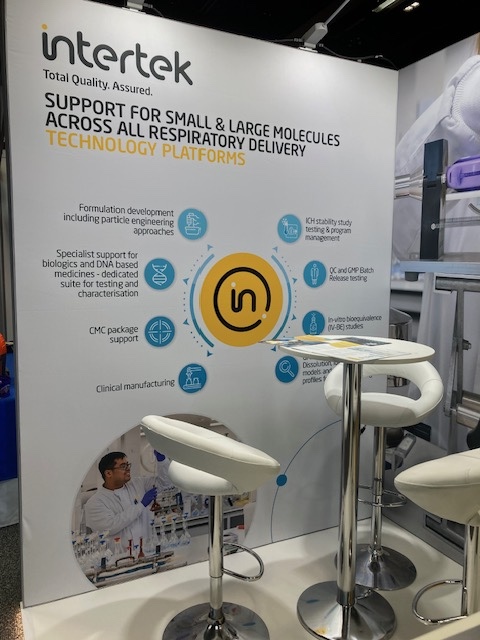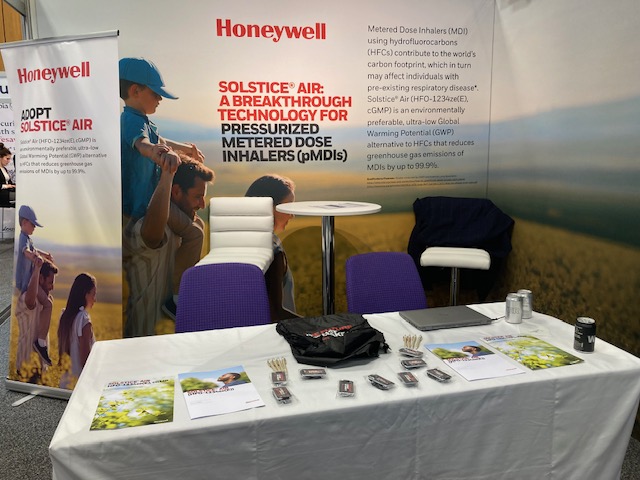Eric Alton of Imperial College London, who coordinates the UK Respiratory Gene Therapy Consortium, described work by the consortium to develop a stable, repeatable, scalable viral vector to provide gene therapy for cystic fibrosis patients. In 2023, the consortium licensed its vector technology to a startup called AlveoGene, and the FDA recently granted orphan drug designation to AlveoGene’s AVG-002 inhaled gene therapy for the treatment of neonatal surfactant protein B deficiency. Alton also mentioned AlveoGene’s lead candidate for AAT deficiency.
Two AstraZeneca researchers presented talks in the biologics session, with Emily Gerrard discussing “Modelling Proteins in Amorphous Solid Dispersed Formulations for Inhaled Biologics” and Kristina Friis talking about development of a spray dried powder formulation of lipid nanoparticles for delivery of RNA to the lung.
YY Ong of Ab Initio presented a talk on the potential use of Tetramatrix thermo hydrogel for nasal delivery of mRNA. She described efforts to develop stable, sprayable formulations for optimum deposition in the nose while retaining mRNA functionality.
In the exhibition, Intertek, which has been sponsoring an annual forum on inhaled and nasal biologics for several years, promoted its services for development of those products. PPD, which exhibited under the name and logo of its parent company, Thermo Fisher, is promoting new laboratory space for testing of inhaled biologics at its facility in Ireland.
The LGWP propellant transition
Much of the discussion surrounding the transition to LGWP propellants at the meeting centered on the continuing lack of clarity from regulators and threats to the transition presented by legislation. Many DDL delegates involved in the transition had attended the FDA’s talks on the topic at RDD 2024 as well as the recent workshop on “Navigating the Transition to Low Global Warming Potential Propellants” presented by the FDA and the Center for Research on Complex Generics (CRCG), and many expressed frustration at the lack of a clear path forward.
The opening session of DDL 2024 focused largely on the legislative challenges faced by the transition, with talks by Maureen Hardwick of the International Pharmaceutical Aerosol Consortium (IPAC), which engages with regulators on policy related to propellants; Sara Panigone, Chiesi’s Sustainable Device Transition Leader; and John Bell, a Medical Director at AstraZeneca. The talks were followed by a Q&A with the entire panel. Chiesi is developing MDIs based on HFA 152a; AstraZeneca’s transition program is focused on HFO 1234ze.




